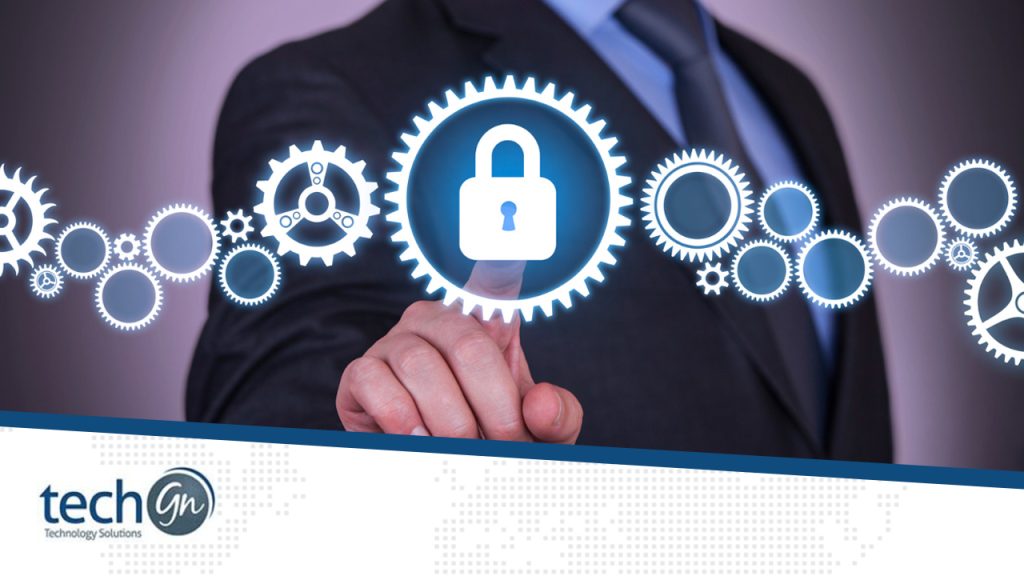In today’s digital landscape, where cyber dangers loom large and data breaches are a continual concern, choosing the best endpoint security solution for your company has never been more important. Endpoints, which range from desktops and laptops to smartphones and IoT devices, operate as entry points for cyber attacks, making them easy targets for hostile actors. As a result, investing in strong endpoint security is critical for protecting sensitive data, ensuring regulatory compliance, and maintaining customer and stakeholder trust.
What is Endpoint Security
Endpoint security refers to a set of tools and technologies used to defend endpoints from a variety of cyber threats such as malware, ransomware, phishing attacks, and zero-day vulnerabilities. These solutions often include antivirus, antimalware, firewall, intrusion detection/prevention, data encryption, and endpoint detection and response (EDR) capabilities to detect, prevent, and remediate security problems.Factors to Consider When Choosing Endpoint Security Solutions
Scalability and flexibility
Your endpoint security requirements will evolve in tandem with your organization’s growth. Choose a system that can grow with your company and respond to new threats and technologies.Compatibility & Integration
Check that the endpoint security solution works seamlessly with your current IT infrastructure, which includes operating systems, apps, and network architecture. Compatibility concerns can reduce efficiency and increase operational complexity.Detection and Prevention Capabilities
Advanced threat detection and prevention technologies, including as behavior-based analysis, machine learning algorithms, and sandboxing, can help you identify and mitigate sophisticated attacks before they reach your endpoints.Ease of Management
A user-friendly management interface and a centralized dashboard are required for effective administration and monitoring of endpoint security rules, alerts, and compliance status. Simplified management tools improve process efficiency and eliminate administrative overhead.Performance Impact
Assess the performance of the endpoint security solution on endpoint devices. Heavy resource usage can reduce system performance and user experience, resulting in productivity losses.Compliance Requirements
If your company operates in regulated industries such as healthcare, finance, or government, be sure the endpoint security solution meets applicable regulatory standards (e.g., HIPAA, PCI DSS, GDPR) and includes features like audit trails and reporting capabilities.Threat Intelligence and Updates
Regular threat intelligence updates and real-time threat feeds are critical for staying ahead of changing threats. Choose a vendor with a strong threat intelligence infrastructure and a track record of quick response to evolving threats.Costs and ROI
Consider the endpoint security solution’s total cost of ownership (TCO), which includes initial license fees, ongoing maintenance costs, and potential productivity losses caused by downtime or security incidents. Cost issues should be balanced against the return on investment (ROI) in terms of risk reduction and operational efficiency advantages.Emerging Trends in Endpoint Security
Zero Trust Security
Zero Trust architecture implies that threats may already exist within the network and requires tight verification of all users and devices attempting to access resources, regardless of location.Endpoint Detection and Response
EDR systems provide enhanced threat hunting, investigation, and response capabilities to complement standard antivirus and antimalware defenses, allowing for faster detection and containment of security issues.Cloud-native endpoint security
With the rise of cloud services and remote workforces, cloud-native endpoint security solutions offer scalable, centralized management and real-time threat visibility in distributed contexts.Artificial intelligence and machine learning
Artificial intelligence (AI) and machine learning (ML) technologies are rapidly being used in endpoint security solutions to analyze large volumes of data, uncover patterns, and automate threat detection and response processes.IoT Security
As the Internet of Things (IoT) ecosystem grows, protecting connected devices and endpoints becomes increasingly important. IoT-specific endpoint security solutions address the distinct issues faced by various IoT endpoints and protocols.Bottom Line
Choosing the best endpoint security solution necessitates a thorough evaluation of your organization’s requirements, goals, and risk tolerance. Scalability, interoperability, detection capabilities, compliance needs, and developing trends can all be taken into account when making an informed selection to boost your security posture and protect your endpoints from growing cyber threats. Remember that endpoint security is not a one-size-fits-all solution; to stay ahead of cyber adversaries, IT teams and security experts must continuously evaluate, adapt, and collaborate.Reviews
Tailoring Solutions


